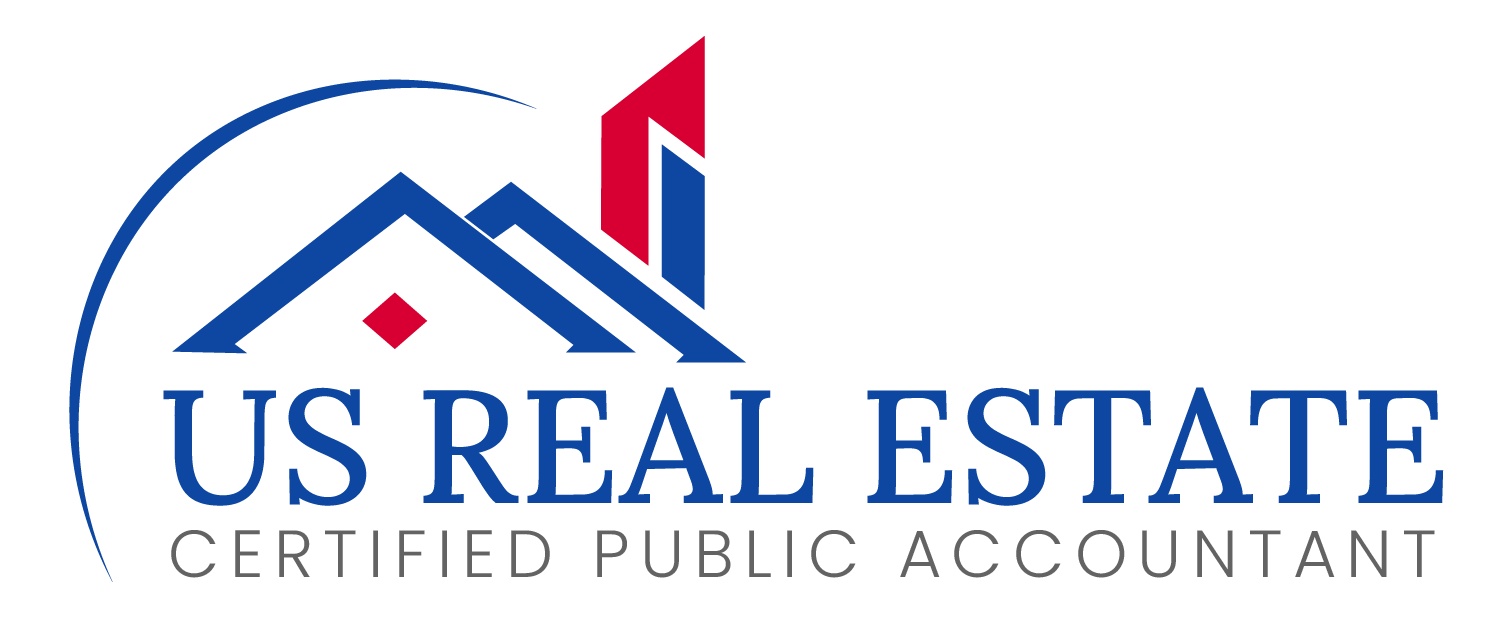
What Are the Benefits of Real Estate Professional Status for Tax Purposes?
If you’re a real estate investor in the United States, earning Real Estate Professional Status (REPS) with the IRS can provide big tax savings. This special status lets you treat your real estate losses as “active” rather than “passive,” which means you can use those losses to lower other types of income, thereby cutting down your overall taxes.
In this guide, we’ll break down what it takes to qualify, the tax advantages, challenges, and strategies to help real estate investors understand and work toward obtaining Real Estate Professional Status.
What Is Real Estate Professional Status (REPS)?
Real Estate Professional Status is a special designation under U.S. tax law that benefits people who are heavily involved in real estate. Normally, rental real estate activities are considered “passive,” so any losses can only be used to offset “passive” income, like other rental income. However, if you qualify for REPS, you can count your rental losses as “active” losses, meaning you can use them to reduce other types of income—like wages, interest, or business profits.
Key Requirements for Real Estate Professional Status
The IRS has strict rules for individuals who want to qualify for Real Estate Professional Status. Main requirements are based on hours and involvement in real estate activities:
- You must spend at least 750 hours each year on real estate activities. These can include things like developing, leasing, managing, or building properties.
- More than half of all the hours you work in a year must be in real estate. This can be tough if you have a full-time job outside of real estate.
- You’ll need to keep detailed records of your hours spent on real estate activities, including time logs and summaries of what you did, in case the IRS asks for proof.
Note: If you’re married and file taxes jointly, you can combine your hours with your spouse’s to meet the requirements, which might make it easier to qualify.

Tax Benefits of Real Estate Professional Status
Qualifying for Real Estate Professional Status provides several tax benefits. Here’s how becoming a real estate professional can help minimize your taxes:
- Real estate professionals can use losses from rental properties to offset their regular income, which may lower their total taxable income. For example, if you have losses from depreciation, repairs, or property management expenses, you can use these to reduce income from other sources.
- Depreciation deductions are especially beneficial for real estate professionals. These deductions, including options like accelerated depreciation through cost segregation, offer substantial upfront tax savings.
- Non-real estate professionals face limits on how much passive loss they can deduct from active income, but these limits don’t apply to real estate professionals, allowing them to fully deduct rental losses.
- With REPS, real estate investors often report lower income, which may make them eligible for additional tax benefits like Roth IRA contributions or income-based tax credits.
Challenges and Risks of Qualifying for REPS
Although the benefits of Real Estate Professional Status are attractive, qualifying can be challenging and comes with some risks:
- Meeting REPS requirements is strict, and the IRS closely reviews claims. If you can’t provide detailed records or prove your hours, you could face penalties, and your rental losses might be classified as passive instead.
- The 750-hour requirement can be difficult to meet if you have another full-time job outside real estate. Most of your working time needs to be in real estate, so REPS is usually a good fit only for those who work full-time in the field.
- REPS claims are often selected for audit because of the tax savings involved. The IRS expects detailed records of hours, activities, and involvement in real estate, so thorough record-keeping is essential.
- For married couples filing separately, only one spouse can claim REPS, which can limit the tax benefits for some households.
Strategies to Achieve Real Estate Professional Status
If you’re a real estate investor looking to qualify for Real Estate Professional Status (REPS), there are ways to boost your chances of meeting the IRS requirements:
- If you own multiple rental properties, you can file an election with the IRS to treat them as one combined activity. This way, you can add up the hours across all properties to meet the 750-hour requirement, rather than meeting it for each property separately.
- Keep a detailed record of all your real estate activities, like managing properties, communicating with tenants, and handling maintenance. Using apps or software can help you accurately track your time.
- Working with a CPA who understands real estate can ensure your records and tax reporting meet IRS standards. They can guide you on qualifying activities and help you stay on track with the requirements.
Recent IRS Updates and Legal Changes
As of November 2024, the IRS has stepped up its audits and tightened rules for Real Estate Professional Status, requiring clear documentation and proof of involvement.
- The IRS now requires detailed records of each task, with dates, time spent, and a description of the activity. Basic or estimated records might not hold up in an audit.
- Recent IRS rulings support the benefits of cost segregation for real estate professionals. This strategy allows investors to speed up depreciation on certain property components, often resulting in large upfront tax savings.
- Although REPS holders can bypass passive loss limits, the IRS has updated income limits for those not fully qualifying under REPS, affecting high earners who might otherwise claim partial deductions on passive losses.
How US Real Estate CPA Can Help You with REPS
Qualifying for Real Estate Professional Status can greatly boost tax savings for investors. At US Real Estate CPA, we specialize in helping clients navigate REPS requirements and make the most of available tax benefits. Our services include:
- Reviewing your real estate portfolio and income sources to find the best way for you to qualify for REPS.
- Providing tools and templates to help you keep accurate records, so you’re prepared if the IRS audits you.
- Using REPS alongside advanced tax strategies like cost segregation to maximize deductions and slim down your taxable income.
Conclusion
Real Estate Professional Status offers a big tax break by letting qualifying investors use rental property losses to reduce their active income. Although the requirements are strict and demand thorough record-keeping, the tax savings for those who qualify can be significant.
If you want to get the most out of REPS, it’s important to plan ahead, keep detailed records, and work with a real estate-focused CPA. At US Real Estate CPA, we’re here to guide you through the process.



